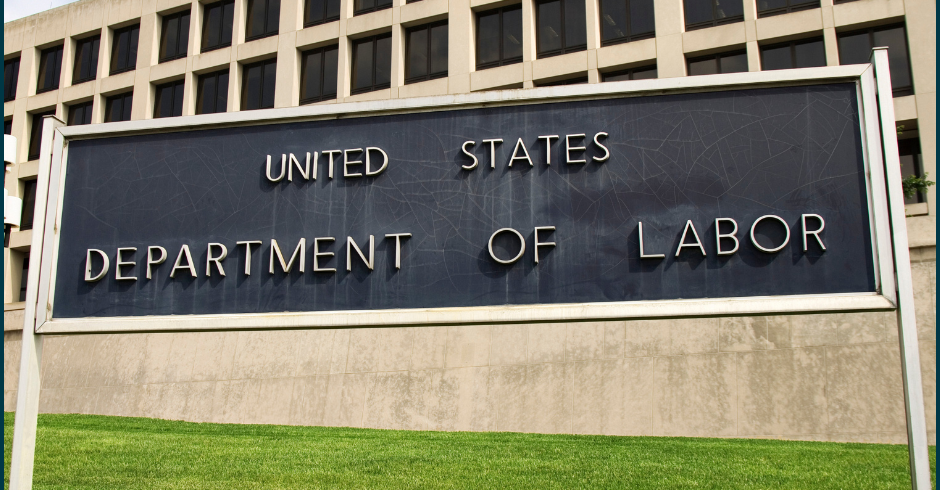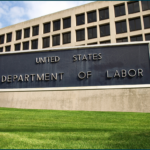On January 5, 2023, the Federal Trade Commission (FTC) announced a proposed rule that, if enacted, would prohibit non-compete clauses in both new and existing employment agreements between all employers and workers in the United States. The proposed rule would impact approximately 30 million workers already party to a non-compete agreement and would supersede any State law that does not provide the same level of protections set forth in the proposed rule.

Background
The FTC has been expected to announce a rule addressing non-competes since July 2021, when President Biden issued his Executive Order on Promoting Competition in the Economy instructing the FTC to use its authority to address the unfair use of non-compete clauses limiting worker mobility. The proposed rule also follows the FTC’s announcement on January 4 that it had brought cases against and reached settlements with three companies – Ardagh Group SA, Owens-Illinois Group Inc., and Prudential Security Inc. – for requiring workers to enter into illegal non-compete agreements.
The Proposed Rule’s Scope and Exceptions
Although additional limitations on non-compete clauses were expected, the proposed rule’s scope goes far beyond those expectations. The proposed rule applies to all contractual terms that prevent workers from seeking or accepting employment after the conclusion of their employment with their previous employer. The proposed rule does not outright ban non-disclosure and non-solicitation agreements but does state that such agreements could violate the proposed rule if they are written so broadly to effectively preclude an employee from working in the same field after leaving their employment.
The proposed rule also adopts a broad definition of “workers” to include employees, independent contractors, externs, interns, volunteers, apprentices, and sole proprietors who provide a service. The proposed rule applies regardless of whether the worker is paid or unpaid.
The proposed rule includes an exception for non-compete clauses entered into in the sale of a business and in the franchisee-franchisor relationship.
Employer Requirements
The proposed rule prohibits employers from:
- Entering into or attempting to enter into a non-compete clause with a worker;
- Maintaining a non-compete clause; and
- Representing to a worker that the worker is subject to a non-compete clause where the employer has no good faith basis to believe that the worker is subject to an enforceable non-compete clause.
The proposed rule also requires employers to rescind existing non-compete agreements by providing notice to workers that any non-compete clause is no longer in effect and may not be enforced. This notice must be provided in an individualized communication such as a letter, email, or text message and provided within 45 days of the employer rescinding the non-compete clause. The proposed rule contains model language that employers may use if the proposed rule is adopted.
Compliance Date & Next Steps
A public comment period will be in effect for 60 days after the proposed rule is published in the Federal Register. If adopted, employers must become compliant with the final rule within 180 days after publication.
Legal challenges are expected, however, and a final rule is unlikely to be issued soon. FTC Commissioner Christine S. Wilson, the only member of the commission to vote against the proposed rule, issued a dissenting statement setting forth various grounds she believes the proposed rule will be challenged on. Wilson’s arguments include a lack of authority for the FTC to engage in such rulemaking; that there is no clear Congressional authorization for the FTC to undertake this initiative; and that this rulemaking is an impermissible delegation of legislative authority. These arguments against the proposed rule will likely be brought in court and could delay the adoption of a final rule by months.
For more information on this or any related topic, please contact Nick Golding, Mark McAnulty, or any of the KDDK Labor and Employment Law professionals.






